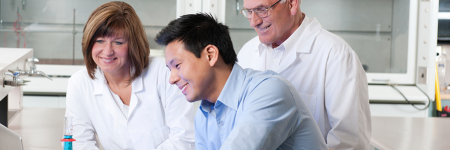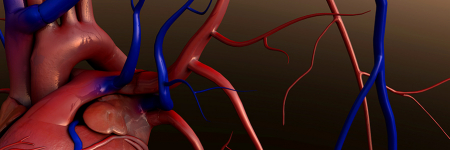
Genomics and zoonosis
From swine flu to Ebola, genome sequencing technology is enabling us to better understand cross-species infections

Epigenetics – the real key to everything?
It isn't all in the code. Gene alterations play a part in disease, but gene expression may ultimately prove equally - if not more - important

The dark side of the genome – does it matter?
Scientists believe that just 2% of our DNA is responsible for encoding proteins. But what of the rest - can it really just be ‘junk’?

Genomic damage and repair: prize-winners and pioneers
Since Albert Kelner shone a light on the process of DNA repair in 1948, scientists have been working to harness the power of correction

Huntington disease and the potential of gene silencing
Will genomic therapy be the key to treating one of the UK's most devastating degenerative diseases?

The genomics of growing old: why do we age differently?
Studies of the genome and epigenetics are revealing influences that can extend or accelerate lifespan

Genomics and the 'healthy smoker'
While smoking is undoubtedly associated with disease, there are smokers who escape. Are they just lucky?

Cardiac genomics: putting research into practice
Scientists working for Genomics England’s cardiac GeCIP domain are tasked with translating data into improved diagnosis of heart conditions

Circulating cell free DNA in pregnancy and cancer
Improved understanding of plasma DNA is opening up new possibilities for non-invasive testing and diagnosis

The modern face of genomic medicine
Genomics England’s new PanelApp is set to encourage shared knowledge and accelerate progress in whole genome sequencing analysis

Progress for personalised cancer therapies
Thanks to a wave of research projects, genomics is beginning to unravel the complexities of cancer and guide treatment for patients

Immortality, regenerative medicine, and the origin of death
Over the past century, huge advances have been made in bioengineering. But what can genomics bring to the table?


